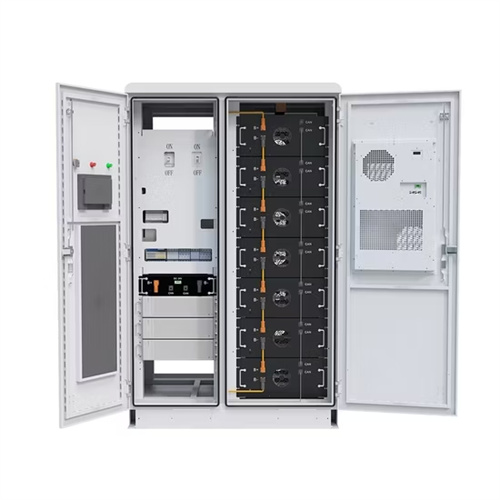About Responsibilities of energy storage domain manager
As the photovoltaic (PV) industry continues to evolve, advancements in Responsibilities of energy storage domain manager have become critical to optimizing the utilization of renewable energy sources. From innovative battery technologies to intelligent energy management systems, these solutions are transforming the way we store and distribute solar-generated electricity.
When you're looking for the latest and most efficient Responsibilities of energy storage domain manager for your PV project, our website offers a comprehensive selection of cutting-edge products designed to meet your specific requirements. Whether you're a renewable energy developer, utility company, or commercial enterprise looking to reduce your carbon footprint, we have the solutions to help you harness the full potential of solar energy.
By interacting with our online customer service, you'll gain a deep understanding of the various Responsibilities of energy storage domain manager featured in our extensive catalog, such as high-efficiency storage batteries and intelligent energy management systems, and how they work together to provide a stable and reliable power supply for your PV projects.
6 FAQs about [Responsibilities of energy storage domain manager]
What does an energy manager do?
An energy manager is a professional who oversees the optimization and management of energy use in an organization or facility. Their role is to reduce energy consumption and expenses while maintaining operations efficiency. There are several key responsibilities that an energy manager has in order to achieve these goals. These include:
How energy storage can be used for energy management?
Energy storage can be used for power storage and delivery from few seconds to days and months in energy management. Previously, energy storage devices were mostly used for long-term storage applications.
What are energy storage systems?
Energy storage systems (ESSs) are a type of technology that can store energy and release it as needed. They can act as spinning reserves for providing short-term power supply to manage instant variability in DG-generated power. They can compensate for the intermittency and variability of renewable resources and improve the power quality and reliability.
What are the disadvantages of energy storage?
The main disadvantages of energy storage systems in renewable energy management are its maintenance issues and life cycle failures. Effective implementation and usage of these systems requires intelligent and flexible energy management strategies capable of handling the dynamics of distributed systems, while ensuring effective and efficient usage of the storage device.
What does a commercial energy manager do?
They conduct energy audits, develop energy management strategies, and identify energy-saving opportunities. Commercial energy managers also work with facility managers, engineers, and other stakeholders to ensure that energy conservation measures are implemented properly.
What is distributed generation and energy storage?
Distributed generation (DG) systems are the key for implementation of micro/smart grids of today, and energy storages are becoming an integral part of such systems (DOI: 10.1155/2015/713530). Advancement in technology now ensures power storage and delivery from few seconds to days/months.
Related Contents
- Manager of a foreign energy storage company
- Energy storage project manager salary
- Change career to energy storage product manager
- General manager of honeycomb energy storage
- General manager of yingke energy storage
- Huijue energy storage manager
- Factory operation energy storage sales manager
- Tips for applying for energy storage manager
- Energy storage after-sales service manager
- Product manager energy storage
- Energy storage container production manager
- Project energy storage manager


